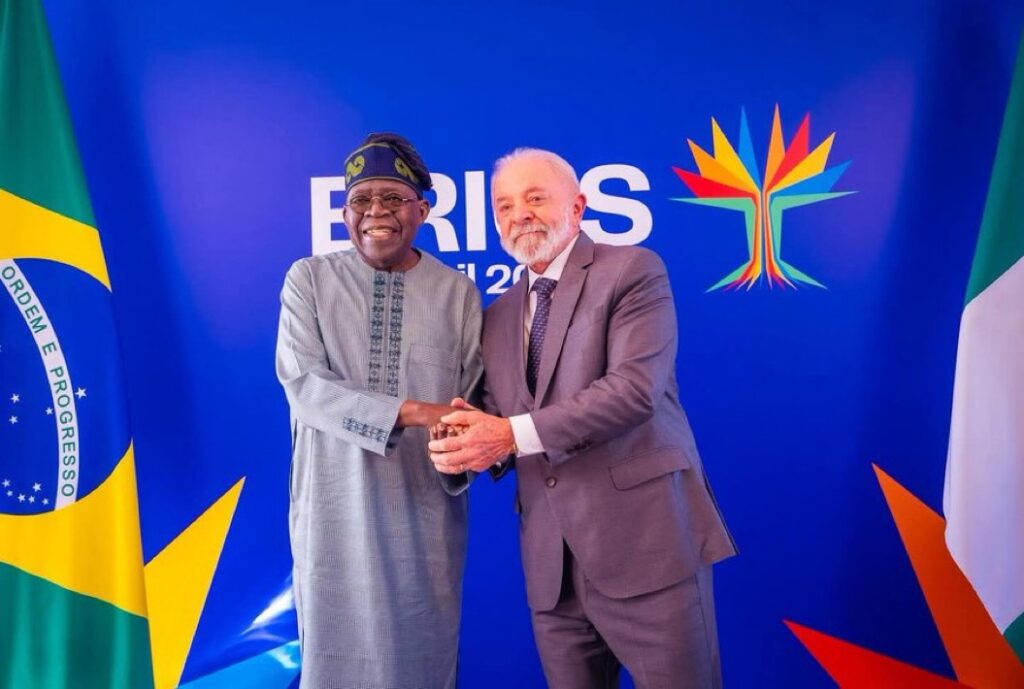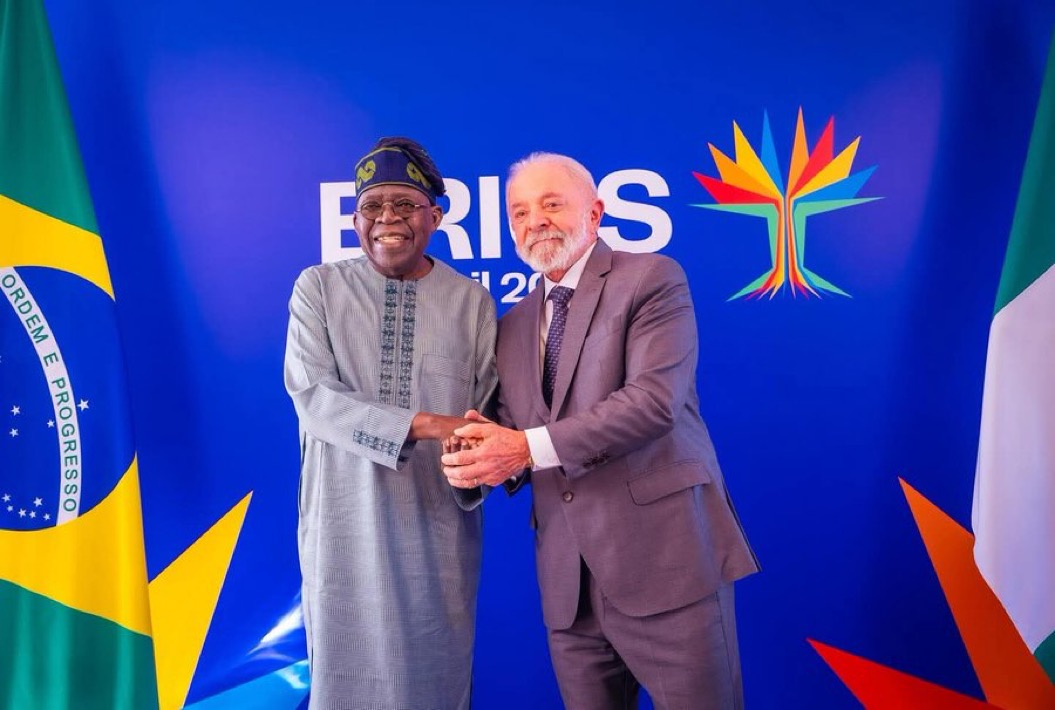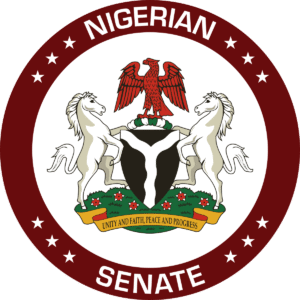Nigeria stands to gain significant economic advantages through its partnership with the BRICS alliance despite not being a full member, according to the Minister of Foreign Affairs, Yusuf Tuggar. Speaking in an interview with Channels Television, Tuggar emphasized that Nigeria’s strategic engagement with BRICS—comprising Brazil, Russia, India, China, and South Africa—does not threaten its existing global partnerships. He clarified that while Nigeria is not a full member, its observer status allows it to benefit economically without the political obligations that full membership might entail.

Economic Reforms and Debt Restructuring
Nigeria’s growing interest in BRICS aligns with its broader strategy to reduce dependence on traditional financial institutions like the IMF and World Bank, which Tuggar argued have historically encouraged raw material exports over industrialization. President Bola Tinubu, who attended the recent BRICS summit, proposed an international sovereign debt restructuring framework to address Africa’s mounting debt crisis. Tuggar noted that Tinubu’s call for fairer debt solutions resonated with other developing nations, particularly as many African countries struggle with loans that primarily service older debts rather than fund new development.
Energy, Agriculture, and Trade Partnerships
Beyond finance, Nigeria is exploring BRICS-backed collaborations in renewable energy and agriculture. Tuggar highlighted the high costs of transitioning to solar and wind energy, stressing the need for climate financing that does not exacerbate Nigeria’s debt burden. On agriculture, he pointed to Nigeria’s partnership with Brazil’s Embrapa, a research agency that transformed Brazil’s barren savannah into a global agricultural hub. Nigerian soils are set to benefit from similar techniques, while Brazilian firms have pledged over $2.2 billion in livestock and agro-industrial investments. Trade is also expanding, with Nigeria exporting fertilisers to Brazil and exploring markets for polymers in Brazil’s textile industry.
Aviation and Geopolitical Balancing
In aviation, direct flights between Lagos and São Paulo are in the works, pending regulatory approvals for Nigeria’s Air Peace. Tuggar dismissed concerns that Nigeria’s BRICS engagement would strain relations with the U.S., noting ongoing cooperation in critical mineral development, including lithium and rare earth elements. He reiterated Nigeria’s balanced foreign policy, stating, “We can work with BRICS, we can work with the West—what matters is Nigeria’s national interest.” The minister also reaffirmed Nigeria’s push for United Nations Security Council reforms to amplify Africa’s voice in global governance.
No Political Fallout Expected
Tuggar assured that BRICS is not an “anti-West” bloc but a coalition of Global South nations seeking a fairer global economic order. Nigeria’s partnership, he argued, strengthens its position as a regional leader capable of engaging multiple power centers without geopolitical friction. With strategic investments and diplomatic agility, Nigeria aims to leverage BRICS for growth while maintaining its traditional alliances.




